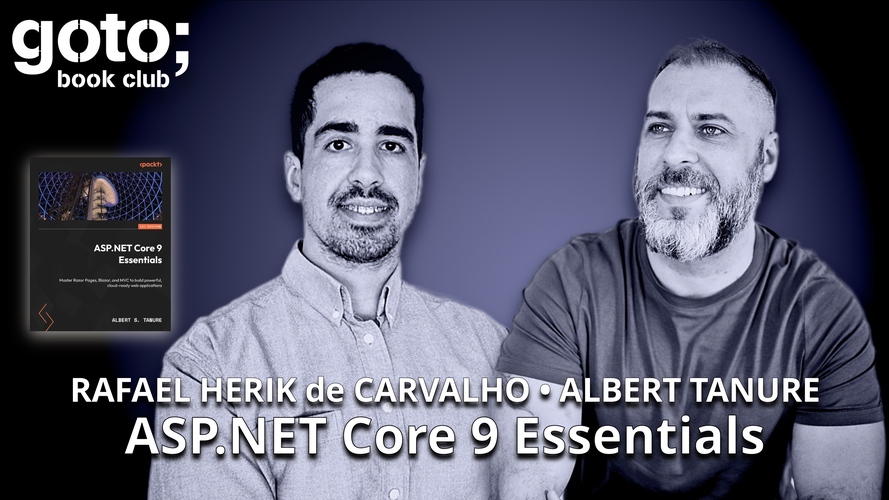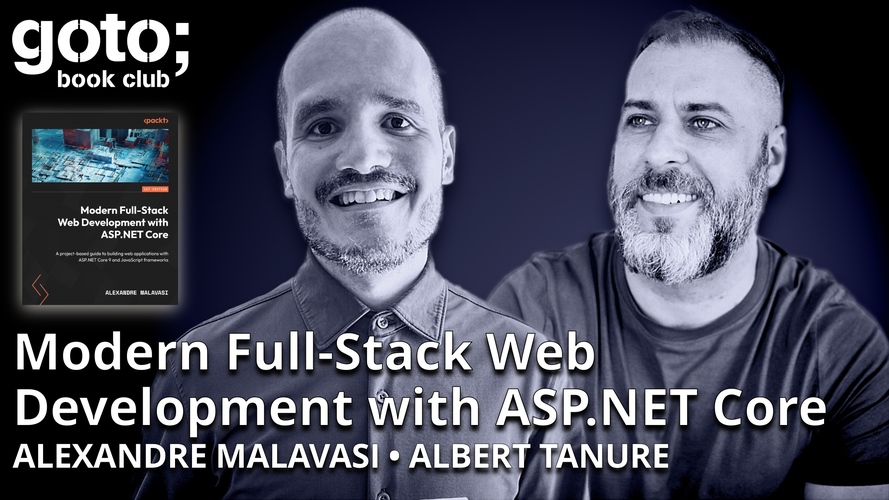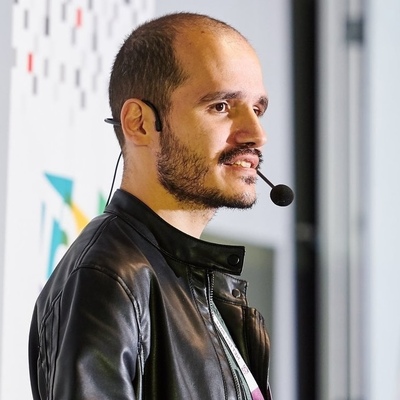.net
18 RESULTS
50:41

Nullable reference types in C# 8
GOTO Copenhagen 2019
50:47

Clean Architecture with ASP.NET Core 3.0
GOTO Copenhagen 2019
51:46

Drinking a River of IoT Data with Akka.NET
GOTO Copenhagen 2021
48:00

gRPC in .NET: Basics and More
GOTO Amsterdam 2024
5:06

Holiday Special 2022
December 22, 2022
39:54

ASP.NET Core 9 Essentials
October 9, 2025
32:33

Modern Full-Stack Web Development with ASP.NET Core
November 27, 2025

Expert talk: What’s Next for .Net?
June 21, 2022

Expert Talk: gRPC, Kubernetes & .NET
May 17, 2022
Browse all tags
Here








